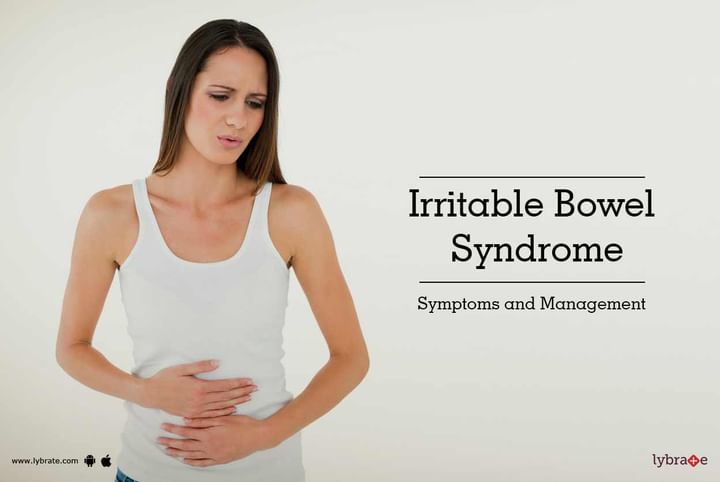Irritable Bowel Syndrome - Symptoms and Management
The human body with its multiple organs is a highly complicated structure and one or more organs often malfunction for various reasons. However, for some, no reasons are identified for this problem. One such is irritable bowel syndrome or IBS as it is commonly referred to.
It is a common disorder affecting the large intestine leading to alternate bouts of diarrhea and constipation, abdominal cramps and a feeling of fullness. It is common in people younger than 45 years of age, affects women more than men, and though the exact reason is not known, the following are attributed.
Physical/Physiologic reasons:
1. Signal issues between the brain and intestines: For various or even unknown reasons, the brain may not be able to send the right signal to the stomach to process food, making the stomach to be hyperactive and have an increased sense of pain or sensitivity or discomfort. Neurotransmitters, which are chemicals responsible for sending signals to various organs also could be involved.
2. Hormonal connection: Menstrual periods tend to aggravate symptoms of IBS, while postmenopausal women are largely free of IBS symptoms.
3. Genetics: People with a family history of IBS are more likely to develop IBS too.
4. Aggravating foods: Foods rich in carbohydrates, spicy foods, fatty foods, caffeine and alcohol aggravate IBS symptoms. Ability to absorb sugar could be a cause too.
5. Infections: Some people with IBS have certain bacteria identified in their gut which produces excessive gas and this could lead to altered bowel movements.
6. GI Motility Issues: Alterations in the way the food passes through the stomach can lead to either constipation (slow movement) or diarrhea (quicker movement). There could also be spasms and contractions after eating, especially if the stress levels are high.
7. Psychological issues: Panic disorder, anxiety, depression, and post-traumatic stress disorder are common in IBS patients. It is possible that they are not able to express their psychological stress, it manifests as physical symptoms. Stress increases symptoms of IBS and vice versa.
Management:
1. Manage stress: Meditation, yoga, support groups, medication and even hypnosis in severely stressed people helps control stress, providing great relief in IBS symptoms.
2. Lifestyle changes: Reduce alcohol and smoking
3. Dietary changes: Avoid aggravating foods, increase the amount of fiber if you have diarrhea and space out meals to avoid intestinal overload
4. Herbal remedies: Probiotics, peppermint oil and a variety of herbal medicines are available.
5. Symptomatic medications: Based on presenting symptoms, different medications including antibiotics for infections and motility drugs can be used. Anti anxiety and antidepressants are also prescribed to manage the psychological issues.
In terms of causes, symptoms, or treatment, IBS requires a very individualized approach and your doctor is the right person to discuss this with and decide. If you wish to discuss about any specific problem, you can consult a gastroenterologist.



+1.svg)
